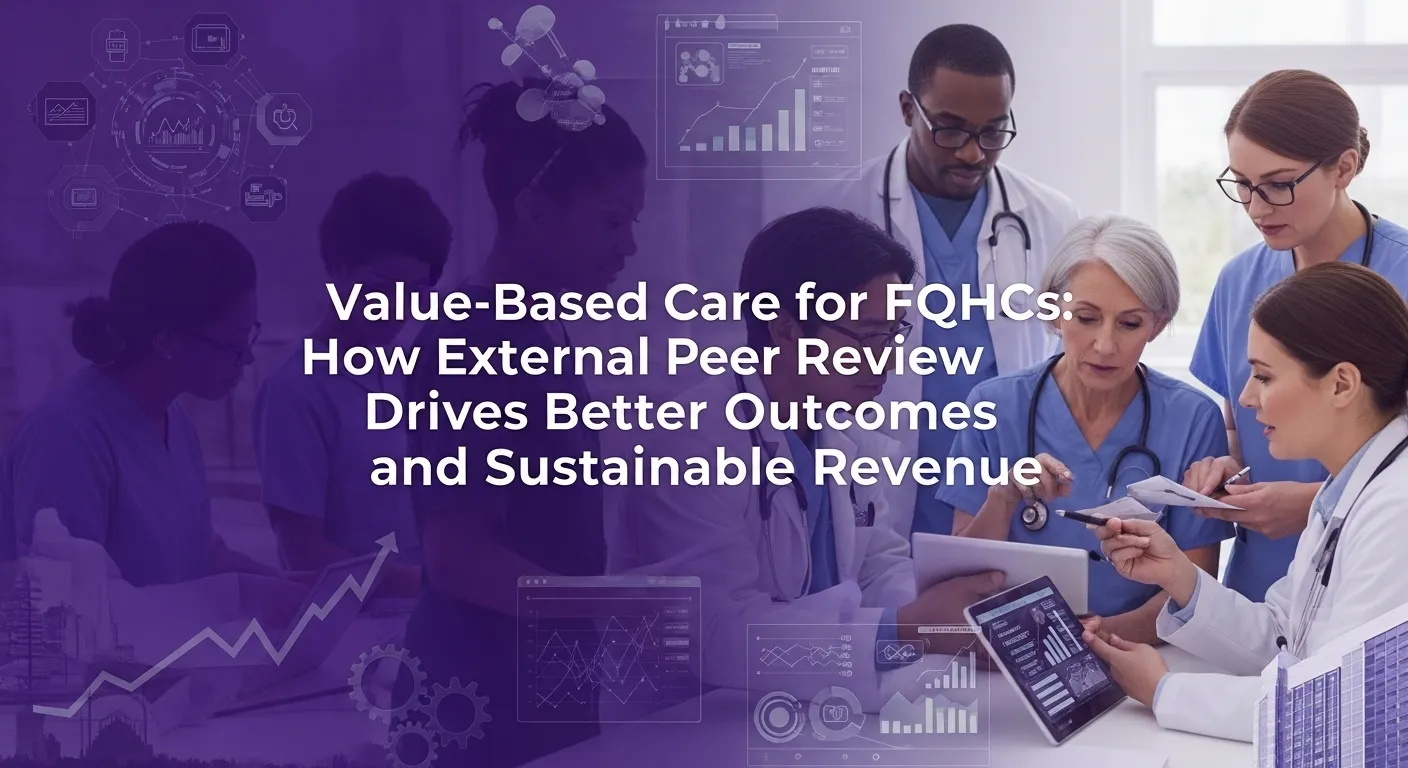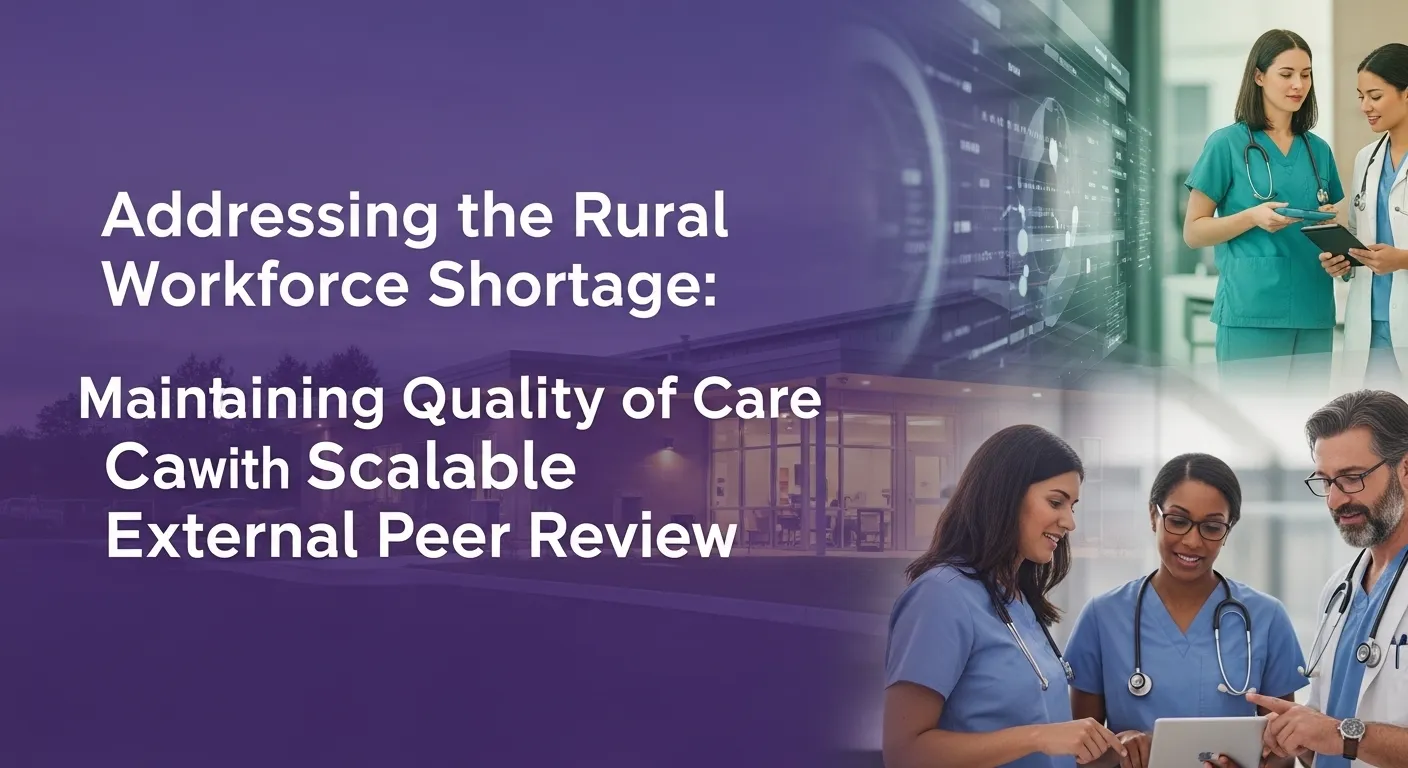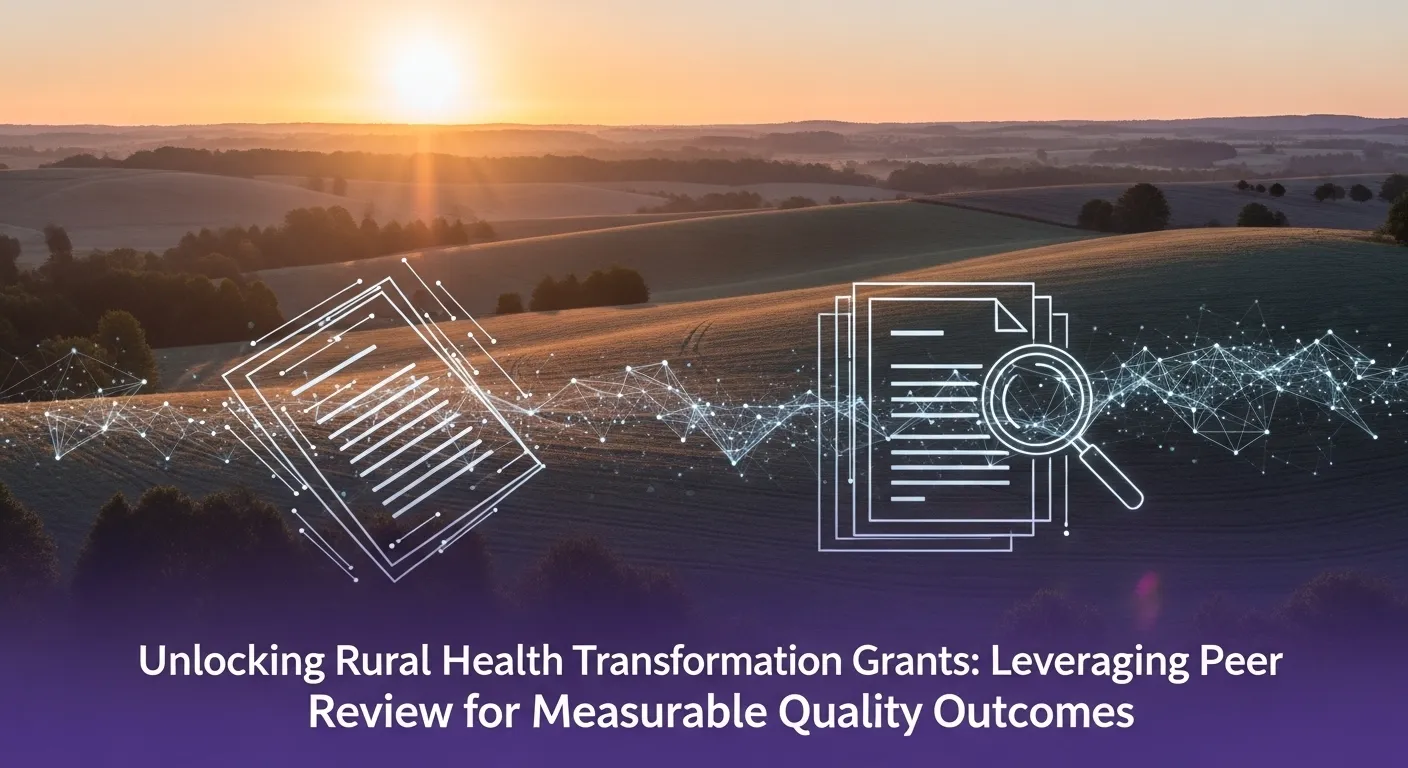
Table of Contents

Navigating the Future: Ensuring Safe and Equitable AI with Human Oversight and Legislation
"AI in healthcare needs guardrails, legislation, and human oversight to ensure safe, ethical, and equitable use, addressing biases and risks."
Navigating the Future: Ensuring Safe and Equitable AI with Human Oversight and Legislation
As Artificial Intelligence (AI) continues to evolve and integrate into various sectors, the need for safe and equitable implementation is more crucial than ever. In a world rapidly advancing towards smarter technology, ensuring that AI is designed and used in ways that protect and benefit society is a top priority.
The Rising Role of AI in Society
AI technologies are increasingly a part of our daily lives, influencing everything from healthcare to transportation and finance. The potential benefits include:
- Improved efficiency in various industries
- Enhanced decision-making capabilities
- Breakthroughs in personalized medicine
Yet, as AI becomes more pervasive, so do the risks associated with its unchecked use. Concerns about bias, privacy, and security highlight the need for robust oversight.
The Importance of Human Oversight
Human oversight is critical in ensuring AI's responsible deployment. It acts as a safeguard against the use of AI in ways that could harm individuals or communities. Here’s why it matters:
- Ethical Decision-Making: Humans can provide ethical frameworks that machines inherently lack, guiding AI towards decisions that align with societal values.
- Accountability: Human oversight ensures accountability in the deployment of AI, where humans take responsibility for AI-driven decisions.
- Bias Mitigation: Humans can actively work to identify and correct biases within AI systems, promoting fairness and equality.
Legislative Guardrails: Establishing Trust
Building public trust involves the implementation of legislative guardrails that govern AI usage:
- Data Protection Laws: Regulations that protect personal data used by AI systems help safeguard individual privacy.
- Transparency Requirements: Laws mandating clear explanations of AI decision-making processes enhance transparency and trust.
- Compliance Standards: Establishing standards for AI system development and use ensures they meet ethical and safety benchmarks.
Countries across the globe are already taking steps toward such legislation, marking a significant shift toward more responsible AI deployment.
Challenges in Implementing AI Legislation
Despite the necessity, creating effective AI legislation is fraught with challenges:
- Technological Complexity: The rapid pace of AI development poses difficulties for legislators to create timely and relevant regulations.
- Global Coordination: Inconsistent regulations across borders can complicate international AI use and cooperation.
- Balancing Innovation: Over-regulation can stifle innovation, hindering technological advancement and the benefits that come with it.
These challenges require a delicate balance between fostering innovation and ensuring regulation, necessitating collaboration among stakeholders at all levels.
An Equitable AI Future
For AI to truly be a force for good, it must be equitable, providing benefits across all of society without reinforcing existing inequalities. This involves:
- Involving diverse voices in AI development to ensure inclusive outcomes.
- Deploying AI solutions that address social issues such as healthcare disparities and unequal access to resources.
- Ensuring AI literacy across various sectors to democratize understanding and prevent misuse.
Conclusion: Steering AI Towards a Bright Future
AI holds the promise of transformative benefits but also presents risks that must be managed through thoughtful human oversight and stringent legislation. By establishing robust frameworks and addressing ethical, legal, and social considerations, we can guide AI development in a manner that is safe, equitable, and beneficial for all.
Together, the global community must work towards a future where AI is a trusted partner in progress, characterized by transparency, accountability, and fairness. Only through concerted efforts can we navigate the complex landscape of AI innovations to improve our world sustainably and ethically.

Value-Based Care for FQHCs: How External Peer Review Drives Better Outcomes and Sustainable Revenue
Medplace external peer review helps FQHCs thrive in value-based care. Gain objective insights, cut compliance risk, reduce admin burden, and boost quality, provider satisfaction, & revenue.
.png)
.png)

Addressing the Rural Workforce Shortage: Maintaining Quality of Care with Scalable External Peer Review
Combat rural healthcare shortages and maintain quality with scalable external peer review. Medplace offers objective, specialty-matched reviews, reducing burden and ensuring compliance.
.png)
.png)

Unlocking Rural Health Transformation Grants: Leveraging Peer Review for Measurable Quality Outcomes
Medplace's external peer review transforms rural health grant applications. Objective, specialty-matched insights enhance documentation, compliance, and measurable quality outcomes.
.png)
.png)



.png)
.png)
.png)


.png)




.png)